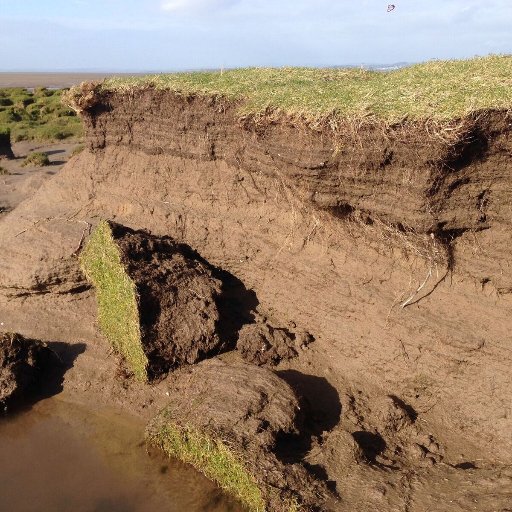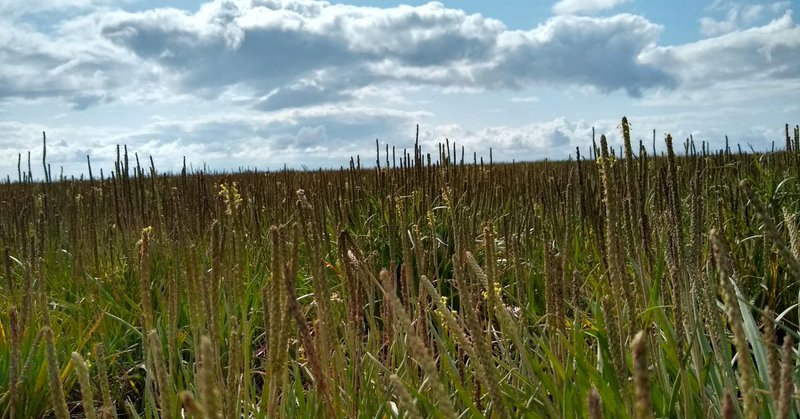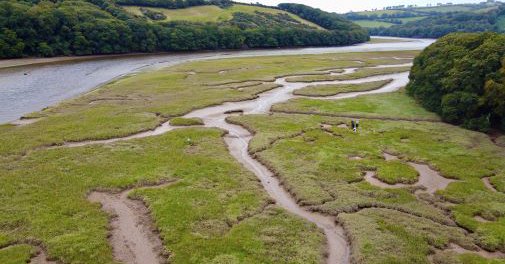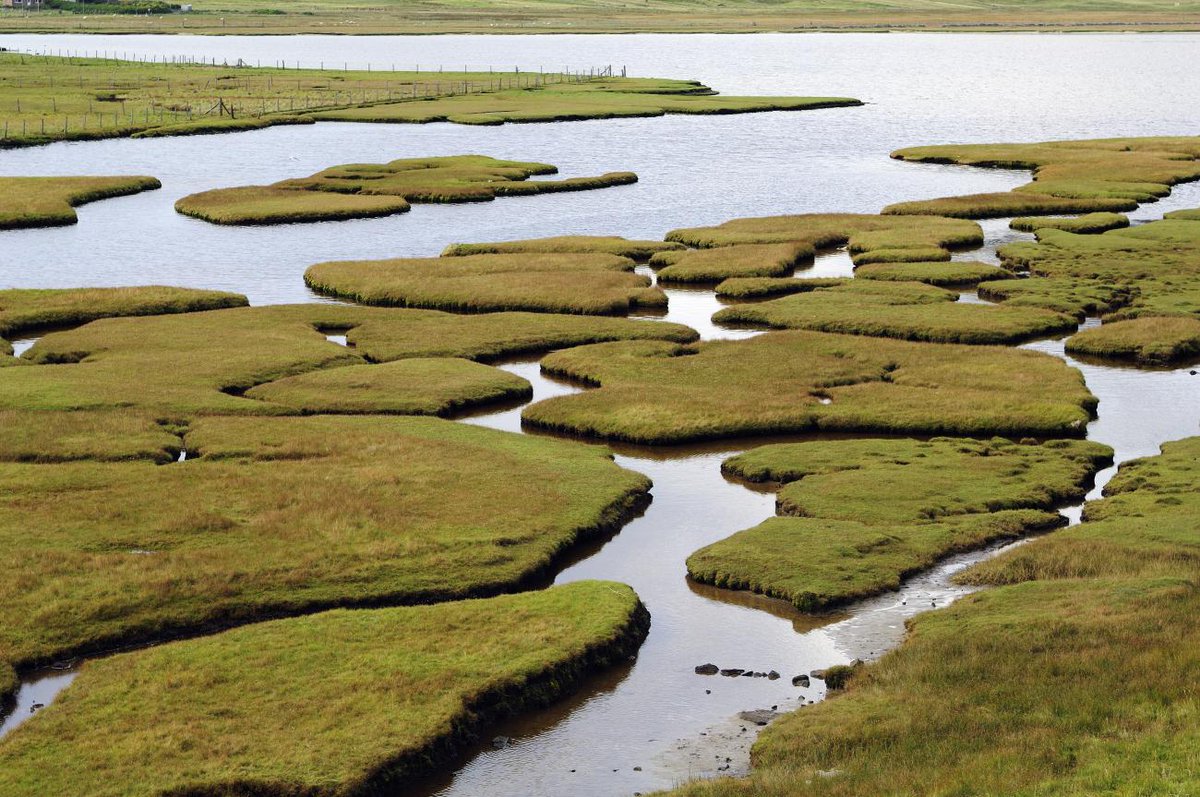
C-SIDE
@NERC_CSIDE
Followers
233
Following
267
Media
40
Statuses
140
The NERC funded C-SIDE project brings together five organisations to investigate "Blue" Carbon in UK saltmarsh habitats.
Joined June 2018
📢Do you want to or need to know how much organic carbon (OC) accumulates in Great British saltmarshes. New @NERCscience funded research has quantified that all GB saltmarshes accumulate 46563 ± 4353 tonnes of OC annually. Check it out: #bluecarbon
1
15
23
RT @Alex_bluecarbon: 📢 New first author opinion article in @GlobalChangeBio . “Additionality in Blue Carbon Ecosystems: Recommendations for….
0
3
0
RT @UKBlueCarbon: Why are UK #saltmarshes so important in the fight against #ClimateChange?. These #BlueCarbon habitats are one of the coun….
yourweather.co.uk
New research finds protecting the UK’s saltmarshes is vital to mitigating climate change, but new sequestration rate lower than expected
0
7
0
RT @YorkEnvironment: ICYMI - learn why the protection of saltmarshes is so vital for climate change mitigation. Timely collaborative resear….
york.ac.uk
The UK’s saltmarshes are under threat from climate change, coastal erosion, and sea-level rise, according to a new study.
0
3
0
RT @SEELeeds: The protection of saltmarshes is vital for climate change mitigation, researchers including @ProfTashaBarlow warn in a new st….
0
10
0
RT @UStAResearch: 🚨New Conversation Article Published🚨. Read the latest article publised via @ConversationUK from Craig Smeaton & Ed Garret….
0
2
0
RT @EdTGarrett: Saltmarshes do store carbon, but their climate impact may have been overestimated. New article in @ConversationUK from @Coa….
theconversation.com
Climate policy has been based on a global average for salt marshes’ ability to capture carbon, but outside the tropics marshes accumulate less carbon.
0
2
0
Saltmarshes do store carbon, but their climate impact may have been overestimated via.@ConversationUK.
theconversation.com
Climate policy has been based on a global average for salt marshes’ ability to capture carbon, but outside the tropics marshes accumulate less carbon.
0
6
10
RT @GeographicalMag: A new study led by @univofstandrews and @UniOfYork highlights the importance of the UK's saltmarshes in mitigating the….
geographical.co.uk
A new study highlights the importance of the UK's saltmarshes in mitigating the impacts of climate change.
0
3
0
RT @ProfTashaBarlow: Proud to have been involved in this important piece of work, led by @Coastal_Carbon, as part of @NERCscience C-SIDE pr….
theconversation.com
Climate policy has been based on a global average for salt marshes’ ability to capture carbon, but outside the tropics marshes accumulate less carbon.
0
2
0
RT @RolandGehrels: Saltmarshes do store carbon, but their climate impact may have been overestimated via @Conversat….
theconversation.com
Climate policy has been based on a global average for salt marshes’ ability to capture carbon, but outside the tropics marshes accumulate less carbon.
0
2
0
RT @YorkEnvironment: Learn why the protection of saltmarshes is so vital for climate change mitigation. New and timely collaborative resear….
york.ac.uk
The UK’s saltmarshes are under threat from climate change, coastal erosion, and sea-level rise, according to a new study.
0
7
0
RT @univofstandrews: Saltmarshes are one of the UK’s most important coastal ecosystems - protecting them is vital for climate change mitig….
0
7
0
RT @UKBlueCarbon: A new paper in @STOTEN_journal reviews organic #carbon accumulation in British #saltmarshes. The study suggests the low a….
0
8
0
RT @Alex_bluecarbon: Having a great time so far at #EGU24!. I'll be giving a talk tomorrow afternoon in BG4.1 (after lunch in room 2.23). T….
0
4
0
Again check out the @STOTEN_journal paper at All data used in this publication can be freely accessed @EIDC_data and is also on its way to @CoastalCarbon
1
2
4
This was a massive team effort including, @EdTGarrett @Coastal_Carbon @RolandGehrels @ProfTashaBarlow @Lucy_Miller__ @ocean_luce @cailadd and many non twitter folk. We would also could not have done this work without support from @NatureScot @NatResWales @NaturalEngland
1
2
7










